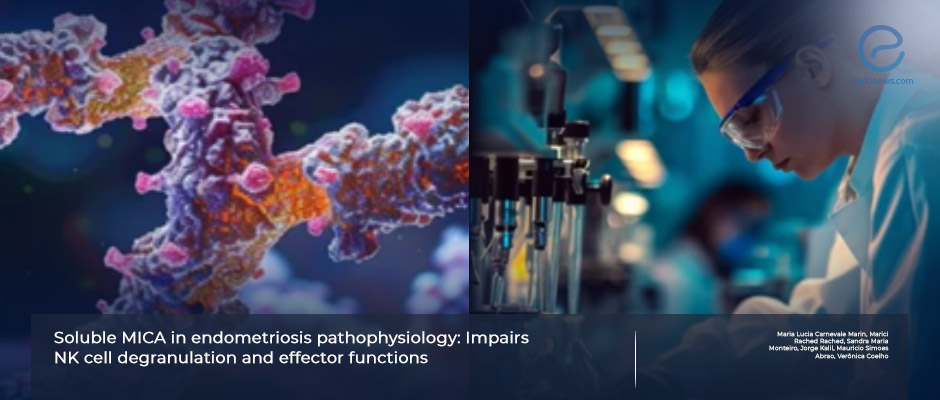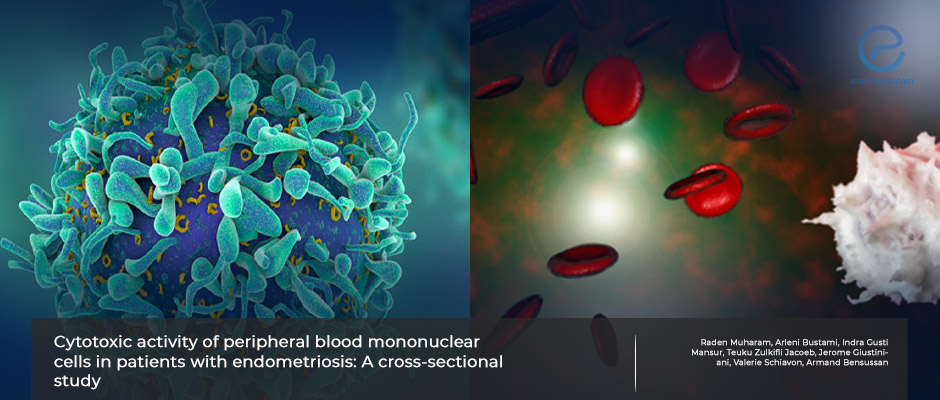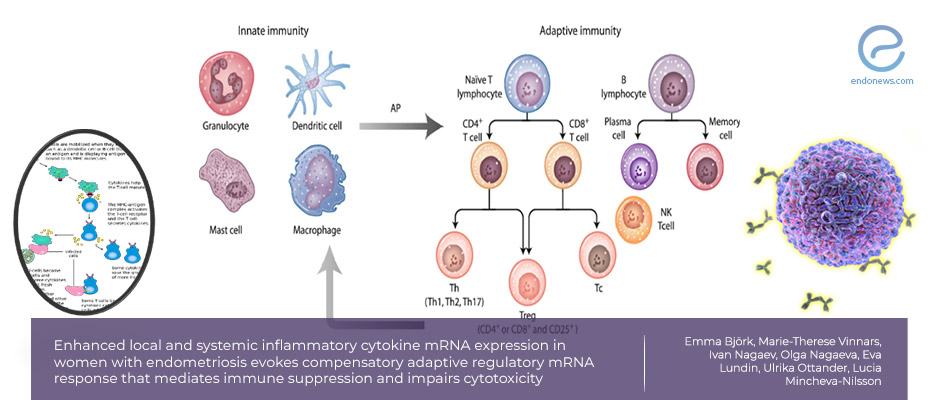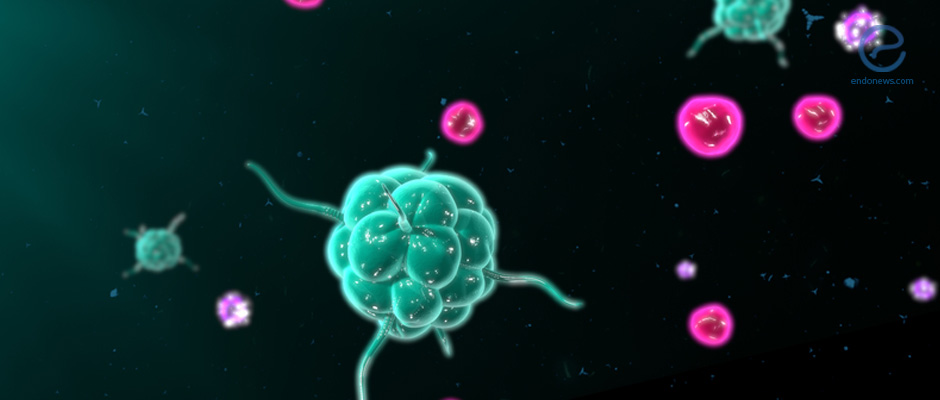A Key Modulator of Natural Killer Cell Dysfunction in Endometriosis: Soluble MICA
In a study published in the American Journal of the Reproductive Immunology, Abrao et al. investigated the potential effect of MHC Class I related MICA molecules at the pathogenesis of the endometriosis. This study highlights a novel role of soluble MICA (sMICA) in endometriosis, showing…
Key Points Lay SummaryActivities of cytotoxic cells in endometriosis
Immunological dysfunction is thought to be involved in the etiopathogenesis of endometriosis, leading to defective immunosurveillance and the growth of endometriotic lesions. In this pathway, reduced cytotoxicity of peripheral and peritoneal natural killer (NK) cells is seen as a contributing…
Key Points Lay SummaryExposure to toxic metals and the risk of endometriosis
Mercury, lead, and cadmium are the best-studied heavy metals for several adverse effects on the human reproductive system. Mercury can induce DNA damage, oxidative stress, and mitochondrial dysfunction, and lead exposure is associated with menstrual disorders, preterm birth, and miscarriage.…
Key Points Lay SummaryEnhanced local and systemic inflammatory cytokine mRNA expression in women with endometriosis
Endometriosis is not only characterized by the implantation of endometriotic tissue outside of the uterine cavity but also necessitates an impaired immune response. It is suggested that abnormal immunological mechanisms causing the dysfunction of immune cells and their mediators are…
Key Points Lay SummaryThe Role of Natural Killer Cells in the Development of Endometriosis Unravelled
Specialized immune cells called natural killer cells found in the peritoneal fluid of women with severe endometriosis may facilitate the development of the disease, according to a study published in the American Journal of Reproductive Immunology. This finding could help…
Key Points Lay Summary

 By Eylül GÜN
By Eylül GÜN

 By Selma Oransay
By Selma Oransay

 By Ellen Tumimbang
By Ellen Tumimbang

 By Özge Özkaya
By Özge Özkaya